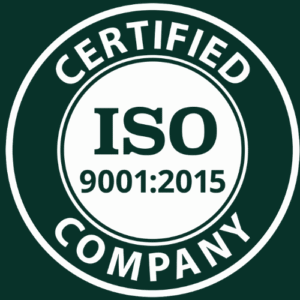Bureau of Indian Standards (BIS) Registration
If you’re a manufacturer looking to sell in India, BIS Registration isn’t just a formality—it’s your ticket to credibility and compliance. Issued by the Bureau of Indian Standards (BIS), this registration allows you to label your products with the trusted Standard Mark (ISI or CRS), a clear sign that your product meets the government’s strict quality and safety standards.
From electronics to household goods, BIS certification is mandatory for many products under schemes like the Compulsory Registration Scheme (CRS) and the ISI Certification Scheme. It’s all about ensuring that what reaches consumers is safe, reliable, and regulation-ready.
- Business / Manufacturer Details
- Product Details
- Trademark Registration Certificate
- Brand Authorization Letter
- Affidavit and Undertaking
- Authorization Letter
- Nomination Letter of the Authorized Indian Representative (AIR)
- Copy of ISO 9001 Certificate
1.Identification of Applicability
2.Application Submission
3.Product and Manufacturing Process Details
4.Test Reports
5.Brand Authorization Letter
6.Document Review and Sample Testing
7.Factory Inspection (if Applicable)
8.Grant of BIS Registration Certificate
The BIS certificate is valid for 2 years and can be renewed if there are no major changes in the product or manufacturing setup.
Foreign manufacturers must appoint an Authorized Indian Representative (AIR) to apply under the FMCS or CRS scheme.
The ISI Mark or CRS Mark on a product signifies that it has passed all relevant Indian safety and quality tests and is certified by BIS.
There are three main types:
- ISI Mark Certification (for domestic products)
- CRS Registration (for electronics & IT goods)
- FMCS (Foreign Manufacturers Certification Scheme) (for foreign manufacturers)
The benefits of BIS Registration include ensuring that products meet high Indian safety and quality standards, enhancing consumer trust and product authenticity. It also helps legal compliance, reduces environmental risks by restricting harmful materials, and improves market access and brand reputation, both domestically and internationally.

